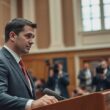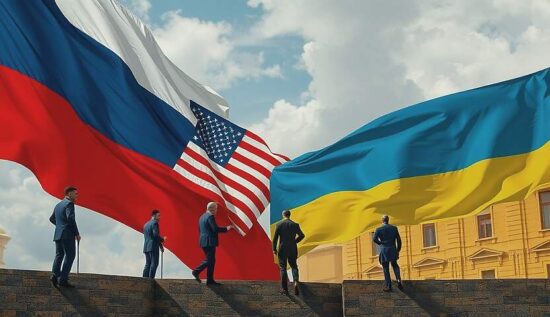Geneva has once again demonstrated its value as a neutral venue for diplomatic talks. Informal discussions between US and Russian representatives on the Ukraine conflict took place in Geneva, a sign that despite the geopolitical tensions, dialogue continues behind the scenes. The talks were organized by the lesser-known Geneva Center for Security Policy (GCSP). Ukrainian representatives were also involved.
While headlines often focus on confrontation and sanctions, the behind-the-scenes diplomacy is proving its quiet effectiveness. The fact that both sides are willing to sit down at the table, even if not on an official level, shows that a willingness to engage in dialogue exists. In times of escalating rhetoric, such “Track-Two” talks are essential to build trust and explore possible solutions.
The term “Track-One Diplomacy” refers to formal negotiations between state actors, such as governments or international organizations. “Track-Two Diplomacy” on the other hand, describes informal and unofficial negotiations led by non-state actors, including scientists, NGOs, former politicians, or others. The goal of such talks is to build trust and explore potential conflict resolutions without the constraints of official diplomatic negotiations.
Switzerland is ready to mediate, even if its role is not officially recognized. The Swiss Federal Department of Foreign Affairs (EDA) confirmed the talks, but remained cautious in its assessment. The signal is clear, however: Geneva remains a place where understanding is still possible.
It is particularly noteworthy that the dialogue willingness between Moscow and Washington is increasing again, despite Trump’s harsh rhetoric against Kiev. Following the direct exchange between the US and Russian foreign ministers in Riyadh, the significance of the Geneva talks has diminished, yet they show that diplomacy is not limited to black-and-white thinking.
Geneva has a history of proving that Switzerland can be a bridge-builder. It did so during the Cold War, during the Iran Deal negotiations and now, as the future of Europe is being shaped. Whether a real peace process will emerge from these talks remains open – but a conversation is always better than silence.
The talks took place against the backdrop of the changed US foreign policy under President Trump. Since taking office, Trump has emphasized a direct communication with Russian President Vladimir Putin, while criticizing Ukrainian President Volodymyr Zelensky. This strategic shift in US policy could have fueled the informal talks in Geneva.
Switzerland remains a crucial location for diplomatic approaches beyond official channels.





